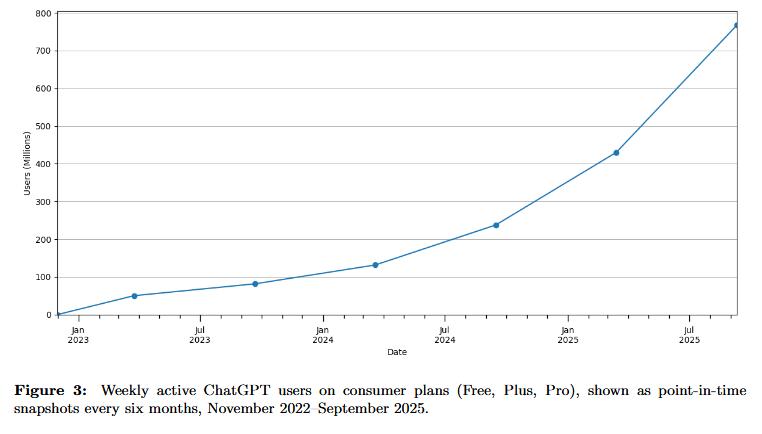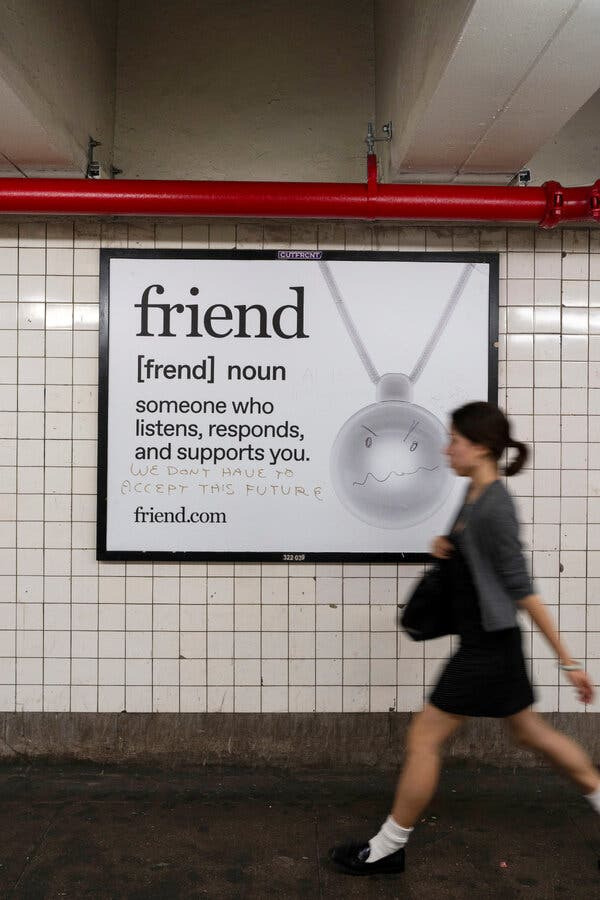.png)
.png)
Within the last 3 years, Generative AI went from a completely novel concept to one that is seeping into every corner of the world. ChatGPT, Google Gemini, and other chatbots now dominate the app stores while Sora, Suno, and other “creative” generating AIs are blurring the lines between what is human-made and machine-made. And despite strikes from Hollywood and resistance from other artists, generative AI is becoming incorporated into more and more campaigns, mediums, and creative works. The momentum isn’t stopping either: use of Generative AI in businesses ballooned to 71% this year, a nearly 40% increase since 2023, according to Stanford’s AI Index Report. And for the public, ChatGPT now has 700 million weekly average users, roughly 10% of the world’s total adult population.

It should come as no surprise then that Gen Z is a demographic with one of the highest adoption rates of AI. In the Koi Pond alone, 67.3% of our respondents reported having intentionally used Generative AI within the past 6 months. Schoolwork unsurprisingly ranks as the top reason for using generative AI, with 47.7% of Gen Zs using it for both homework help and to learn new concepts. General curiosity is another prevailing reason for using AI, with “brainstorming/being creative” and “just messing around” at 44.7% usage each. Help at work is the last large facet for AI use, with “writing emails, captions, applications” ranked 4th at 36.8% usage. Whatever the use case, it’s clear that Gen Zs are actively familiarizing themselves with generative AI. And when we asked our users how they felt about AI, our Gen Zs said:
“I think that AI should be avoided whenever possible. I don’t agree with people using it to make content, get emotional support, or do things that are basic skills like writing emails. I think that it unethically uses pre-existing art and intellectual property and that we are too dependent on it. I also hate that it uses so much water. I only used it for math help AFTER I attempted the problem and asked friends for help.” - Victoria, 2006
“It's not super great or bad which I know a lot of people may feel against. I don't love that it's harming the environment or having people lose their jobs over it, speaking from experience. However I do think it can be equally as helpful when used correctly or in moderation. I've used [AI] to help me understand my homework and actually understand how to solve the problems rather than relying it on solely to do things.” - Ashley, 2002
…Huh? Only 10% of our respondents enthusiastically like and embrace AI. The other 90%? Mixed feelings or are downright negative. And this doesn’t even include the Gen Z’s who haven’t used AI at all. What’s going on?
Gen Z’s relationship towards AI can be summarized like any situationship. It’s hard to put a label on it, so to make it easy we’ll just say: it’s complicated.
For Gen Z, AI is like being friends with a drug dealer. You know they’re probably doing something bad, you know you don’t fully trust them, but they’re nice and haven’t personally done anything bad to you. Occasionally, you see in the news the horrible things the cartel (AI companies) is doing, but your friend is just a small fry at the end of the chain. “The government could do more to manage the problem,” you think to yourself, “maybe if the cartel wasn’t so greedy the problem would go away”. Your friend tells you, “You don’t have to be around me if you don’t want to, I’d totally understand.” But they’re helpful, and they always spot you cash when you need it. How bad could they be? How bad do they have to be for me to cut them off? So long as you don’t look behind the curtain, so long as you don’t get too involved, so long as you personally don’t get addicted, it should be ok. Where do you draw that line?
For the 32.7% who have never used AI, that line is clear: it’s a violation of their personal values. Even if generative AI was to become fully ethical, 46% of our Gen Z non-users would still never use it under any circumstance. For the rest of us, that line is murkier. Is it worth contaminating the entire city of Memphis for Grok to tell you jokes? Stealing an entire district’s worth of water so you can write a slightly more mediocre email? Stressing the power grid for your math homework?

One thing is clear: Gen Z recognizes the power that generative AI has. “I think it’s a useful tool in some capacities and it’s not like we can completely avoid it as its popularity grows, but the impacts of it can be devastating socially, educationally, and ecologically.” (Elowyn, 2004)
“I think it's a powerful tool. It can be used to enhance creativity and speed up processes. It can also be used to replace creativity and critical thinking.” (Hailey, 2002)
The upsides to AI are clearly evident—it’s quite literally the reason we’re using AI in the first place—however, the effects of AI could be equally as devastating. Beyond concerns around the tools themselves, like environmental impacts and data collection, conversations erupted over the past year around the effects AI use has had on our society. Topics such as “is AI replacing our critical thinking?” and “how can I tell this is AI?” have become hot button discussions on social media, mixed among the countless, countless baseless and justified accusations of AI. Those feelings couldn’t be more true with the recent release of Sora 2. Sora 2’s accuracy and imitation of real social media videos have made it near impossible to distinguish human from AI. With videos historically being the hardest for AI to fake, it feels like the last bastion of human creativity has finally been taken over by bots. This, combined with the numerous ads using either AI generated voices, influencers, or most stupidly, products, has left Gen Z asking one question: “what is even the point of social media anymore?” If nothing we see online is true, what trust can we place in being online at all?
The push for an AI-generated everything world is understandably drawing serious backlash. From vandalizing AI ads to Gen Zs incorporating “clanker” from the Star Wars franchise into their vocabulary as a derogatory term for AI and bots, pushing back against AI feels like the start of a new counter-culture in the newest culture war. If it weren’t for the latest push by Anthropic and OpenAI to make Claude and ChatGPT mainstream this year, perhaps the best solution for avoiding AI entirely was to disconnect completely.

Without a doubt, generative AI has the power to alter the entire world permanently, whether for better or for worse. It’s up to all parties, from the users, to AI companies, to the government, to brands, to harness the power of generative AI for good, while minimizing the negative impacts. But as the world hurdles toward the future at blinding speed, it seems hope for “AI for good” is also being left behind. When we last asked The Koi Pond about AI in February of 2024, the general sentiment was “cautiously optimistic.” Today, Gen Z’s feelings are less optimistic, more cautious, and certainly more complex.
̶L̶e̶t̶ ̶m̶e̶ ̶k̶n̶o̶w̶ ̶i̶f̶ ̶y̶o̶u̶ ̶n̶e̶e̶d̶ ̶a̶n̶y̶t̶h̶i̶n̶g̶ ̶e̶l̶s̶e̶!̶ Joking.
